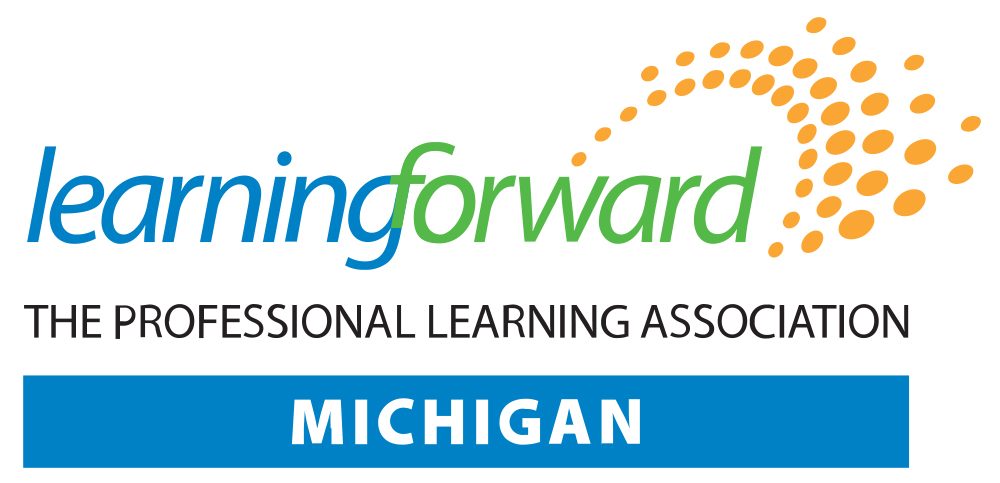True Confessions
by Judy Walton, Forest Hills Public Schools
Part of my work as the Chief Innovation Officer in Forest Hills Public Schools is to research innovation strategies and structures we might find useful. One piece I recently read is an article by Erika Kessenger of Thought Ensemble, entitled Four Steps to a Creative, Innovative Culture. One of the steps she suggests is to detail what the organization’s desired future state looks like and sounds like. As I was giving that some thought, my eyes wandered to a Learning Forward graphic that I have on my office wall:
Like a light bulb clicking on, it struck me that this may say it all.
The first phase in the iterative cycle is standards-based professional learning, as research shows it has a greater potential to change what educators know, are able to do, and believe. The Michigan Department of Education adopted Standards for Professional Learning in 2012:
Professional learning that increases educator effectiveness and results for all students…
- occurs within learning communities committed to continuous improvement, collective responsibility, and goal alignment
- requires skillful leaders who develop capacity, advocate, and create support systems for professional learning
- requires prioritizing, monitoring, and coordinating resources for educator learning
- uses a variety of sources and types of student, educator, and system data to plan, assess, and evaluate professional learning
- integrates theories, research, and models of human learning to achieve its intended outcomes
- applies research on change and sustains support for implementation of professional learning for long-term change
- aligns its outcomes with educator performance and student curriculum standards
These seven Standards have four things in common: a commitment to learning that benefits all students, a commitment to fully engage in learning, a commitment to collaborative inquiry, and a commitment to differentiated learning.
Even though standards-based professional learning is the first phase in the graphic, the arrows show that the cycle works in reverse, too. As I reflect on my eleven years in the classroom, this is where some of my experiences live, in the reverse cycle. But self-reflection also compels me to acknowledge that my students probably suffered from my lack of standards-based professional learning. Sure, I had evidence of student learning that demonstrated a deficiency, and I identified a change I wished to make. I also figured out what new skills I probably needed, and sought out training to acquire them. The problem for me, as you may have noticed in this example, is that it is full of “I” not “we”; I did not seek out a learning community, and I did not fully appreciate the difference job-embedded, standards-based professional learning could make. Without it, I did not focus on knowledge and beliefs; I sought out quick, skill-based training that was easy. Upon reflection, some of the changes I made that I thought lived deep in my professional practice were likely much more superficial. Sometimes I did not live the cardinal rule I preached to my students: true learning is hard work and it takes time and practice.
Fortunately, I’ve come to appreciate Rick DuFour’s advice to avoid the “seductive shortcuts,” and now strive toward this: 
If the desired future state is an iterative cycle as described in the Learning Forward graphic, what might it take to get there? For one thing, it is not easy or quick, as Rick DuFour and Doug Reeves pointed out just a few days ago in their Education Week article:
While providing time for educators to collaborate in meaningful teams is a necessary condition for effective PLCs, it is far from sufficient. A professional learning community is not simply a meeting: It is an ongoing process in which educators work collaboratively in recursive cycles of collective inquiry and action research in order to achieve better results for the students they serve.
However, by focusing on the four common commitments that are the foundation of the Standards for Professional Learning, it might look and sound something like this:
We commit to…
- being student-centered in all we do to effect results for all students;
- fully engaging in our own professional learning as an ongoing process that will never be “done”;
- working in collaboration with our colleagues as the best and first option; and
- seeking out differentiated professional learning opportunities based on the collective inquiry/action research cycle each professional learning community is engaged in at any given time.
Again, there are no shortcuts. It is hard work, and it takes time. But it is the right work, and with support, it is the rewarding work teachers want to engage in, because every student matters.

Our Vision
Equity and excellence in teaching and learning.
Our Mission
Learning Forward Michigan builds the capacity of leaders to establish and sustain highly effective professional learning.
Standards and Impact
Supports the implementation of standards and examines evidence to strengthen and document the impact of professional learning.
Leadership and Practice
Builds the capacity of its members, clients, partners, and staff to establish and sustain effective professional learning.
Advocacy and Policy
Advocates for policies and practices that strengthen the field of professional learning.


